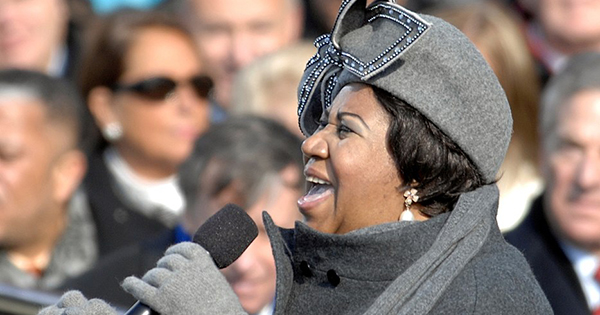
Nationwide — There’s no denying that Black artists and musicians have contributed a lot to the music scene. Over the decades, numerous icons have come and gone, creating lasting impacts on a wide variety of music genres. We provide a comprehensive timeline of Black influence on the music industry and also touch on many of the remarkable stars who made history over the years.The Early 20th Century
At this time, deep in the southern parts of the United States, blues music was born. Following shortly after was jazz, which became a popular staple within African American communities—and it completely transformed music. In fact, other genres, such as swing music and rock and roll, came from the conception of jazz. It is also important to note that Gospel music was also a product of the 1800s and early 1900s music scene.
The 1950s to 1960s
In the 50s, Chicago blues started to gain popularity. Muddy Waters, known to be the “father” of this style of music, inspired Led Zeppelin, The Rolling Stones, and other iconic groups to create music with electric blues influences. On the same hand, artists such as Aretha Franklin and Little Richard, with their unique and dynamic vocals, would encourage future artists to make funk and rock and roll music. Even the 1950s biggest pop sensations, such as the Beatles and Elvis Presley, drew inspiration from African-American artists, composers, and musicians.
In the 60s, artist James Brown peaked in popularity. Also known as “The Godfather of Soul,” he had the unbelievable ability to combine several vocal styles, including blues and gospel, to create a one-of-a-kind sound. Many Black musical groups also emerged at this time. The Supremes paved the way for future girl groups (such as Destiny’s Child and Salt-N-Pepa) as well as R&B and soul musicians. Another successful group, The Temptations, developed a unique style of music that enthusiasts would later dub “Motown.” The Jackson 5 also started around this time—they would end up producing top hits that would gain worldwide recognition.
The 1970s to 1980s
During the 70s, soul geniuses Marvin Gaye and Stevie Wonder took the world by storm. Their sultry yet powerful sound captivated audiences around the globe. Many people now consider them to be some of the most influential artists in the industry.
By the 80s, two more Black male musicians appeared on the scene. Michael Jackson was a worldwide name in music; he was “The King of Pop.” Little Richard was actually a huge source of inspiration for him. Music from the past had a big impact on him—it is what encouraged him to perfect his skill; Michael’s vocals continue to mesmerize people today. Another prominent figure was Prince, who also created iconic albums out of inspiration from preceding Black artists. At this time, the world was in awe of his exceptional talent, and he eventually became one of the best-selling artists in history.
A final name that nobody will ever forget is Whitney Houston; her vocals enchanted listeners around the world. Her greatest hits laid the perfect foundation for up-and-coming female Black pop artists, including Janet Jackson and Beyoncé.
The 1990s to 2000s
It wasn’t until the 90s that hip hop began to dominate the charts. This was the era of The Notorious B.I.G. and Tupac Shakur — two of the greatest rappers of all time. Other rappers who emerged during the 90s include Jay-Z, Snoop Dogg, and Will Smith. Additionally, when people think of the 90s and early 2000s, they remember Lauryn Hill and Tracy Chapman’s powerful and alluring voices.
The Present
Today, there seems to be a huge shift in markets toward pop and rap music. It’s evident that previous Black men and women in music have influenced today’s biggest artists, including Alessia Cara, Ariana Grande, Kanye West, Kendrick Lamar, and many more. More and more Black singers are emerging every year, all thanks to the humble, hardworking Black artists of previous generations.
